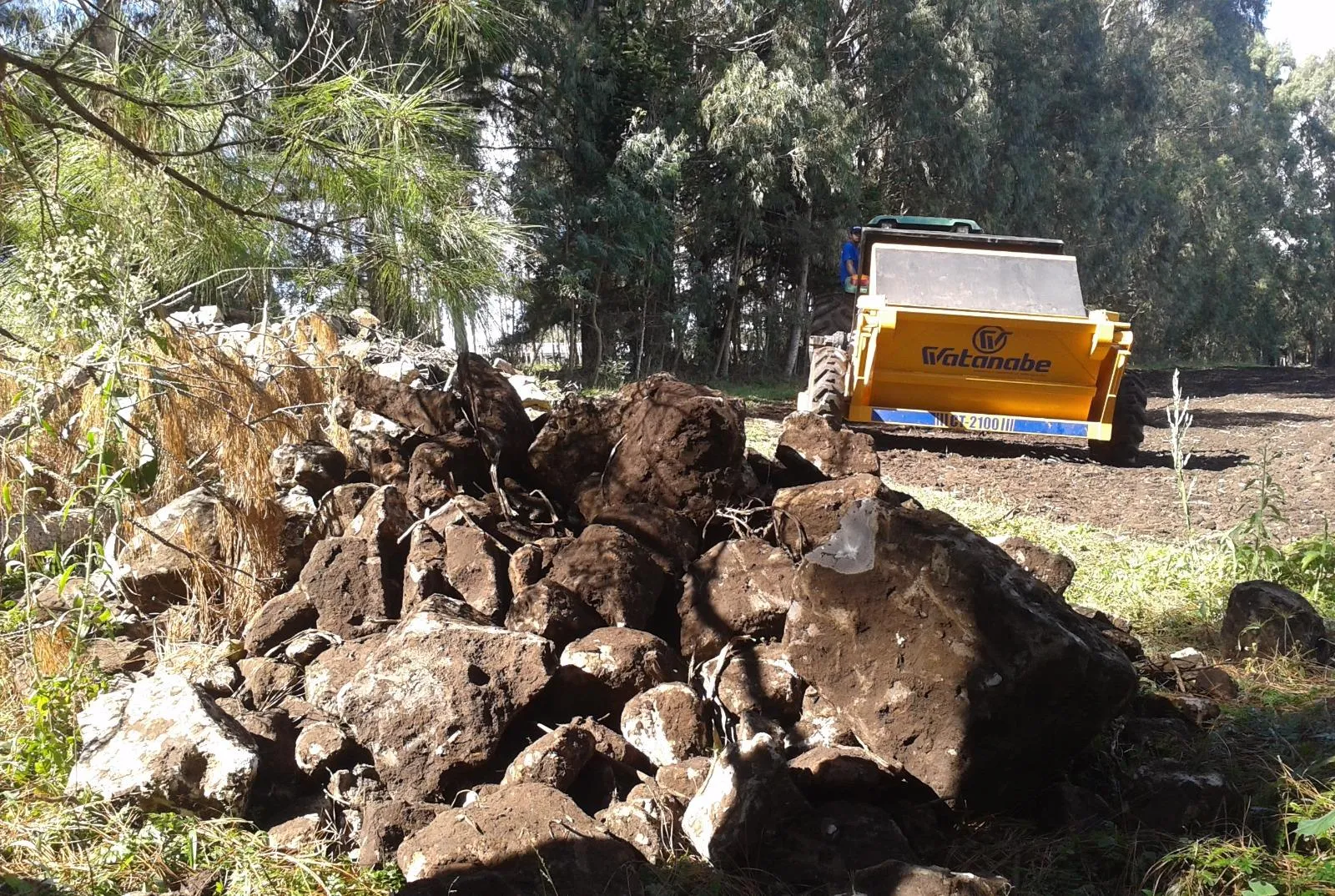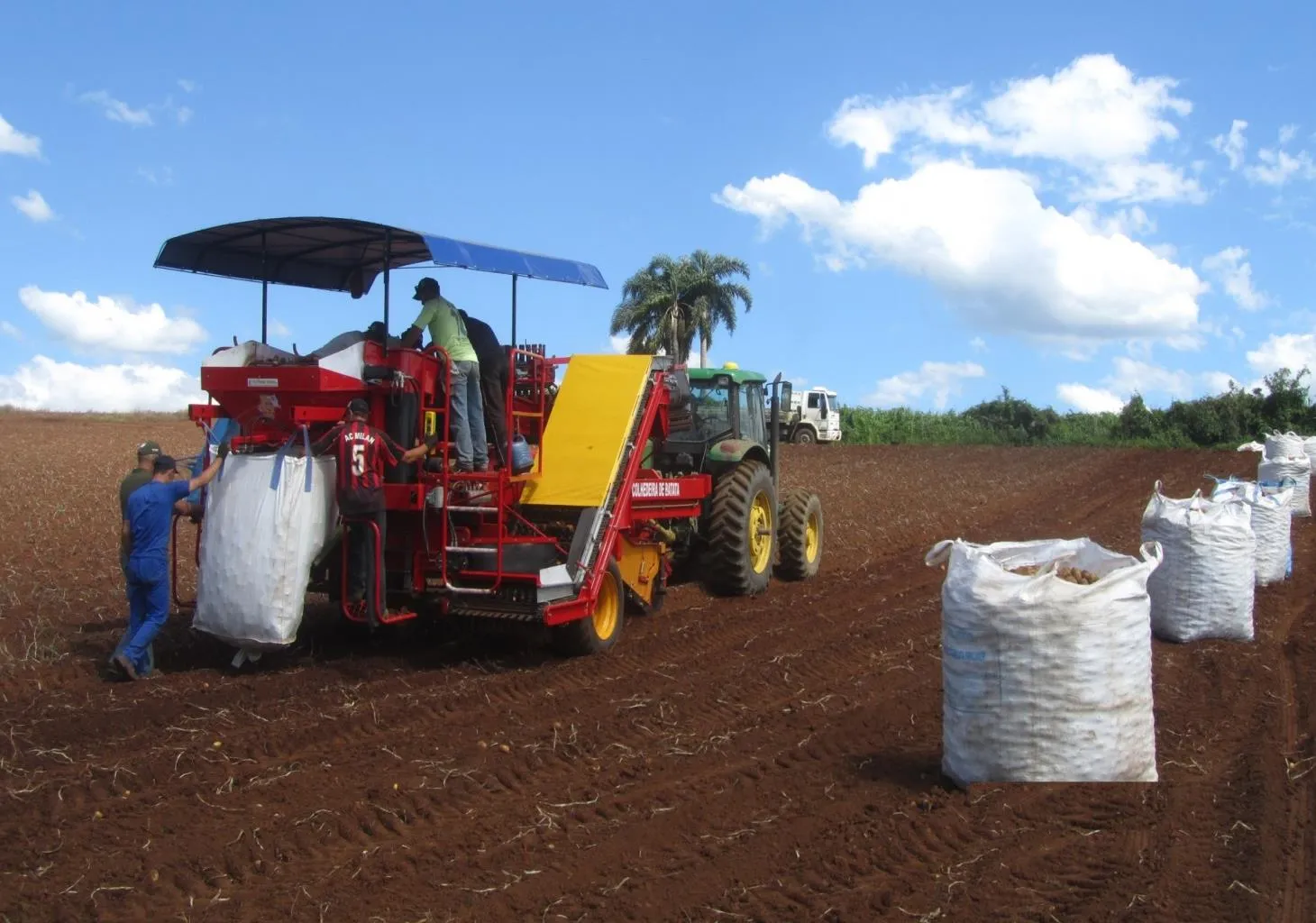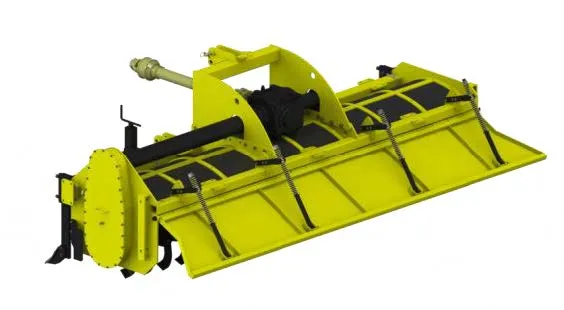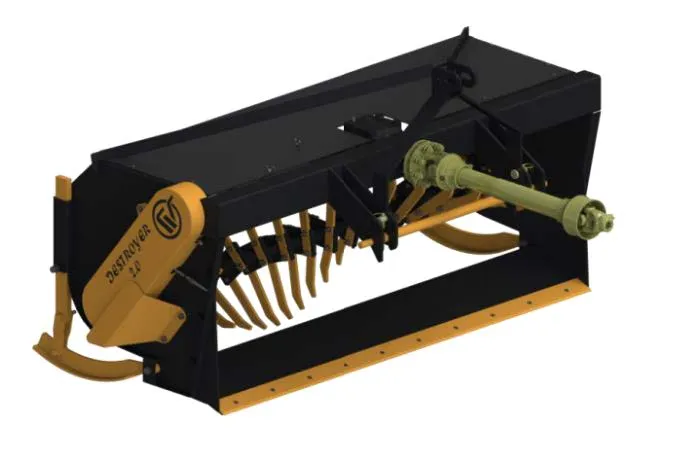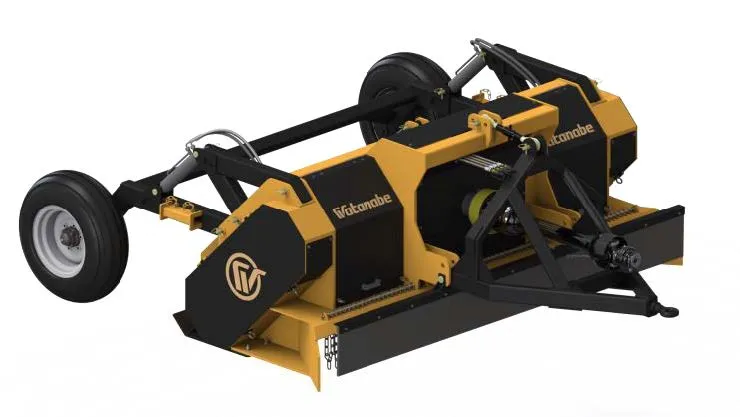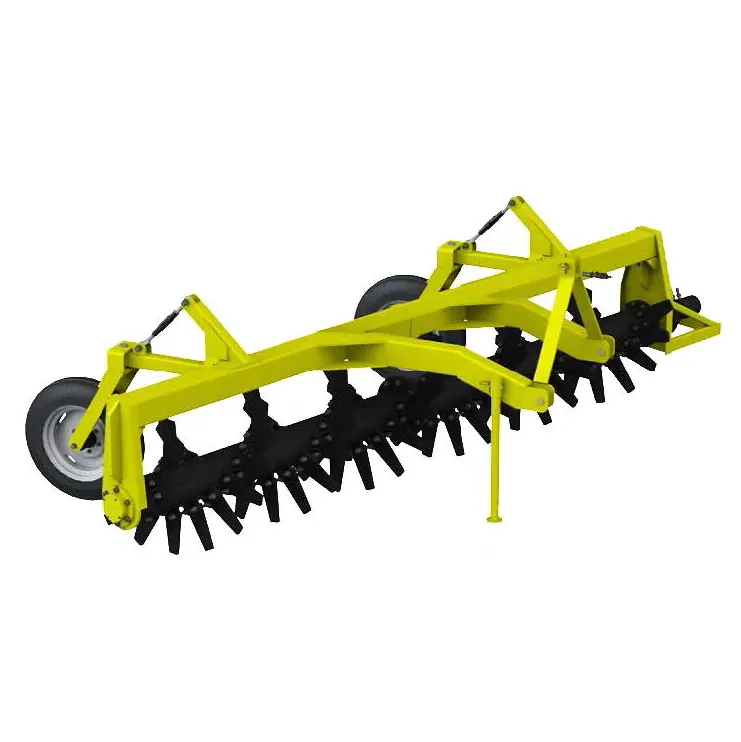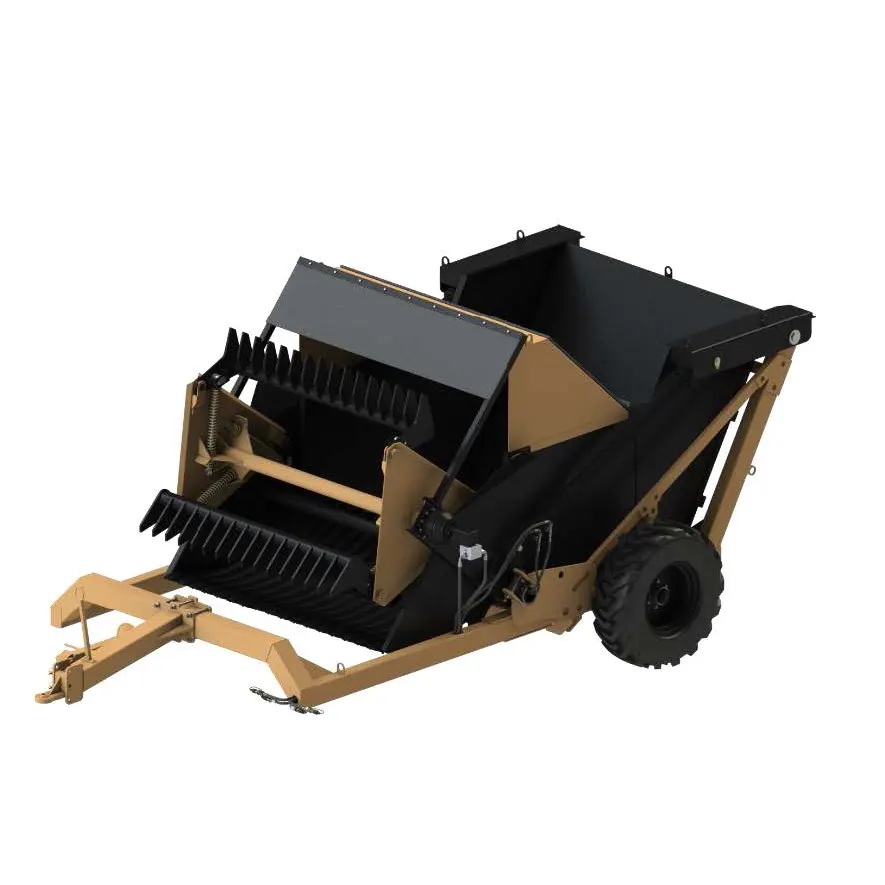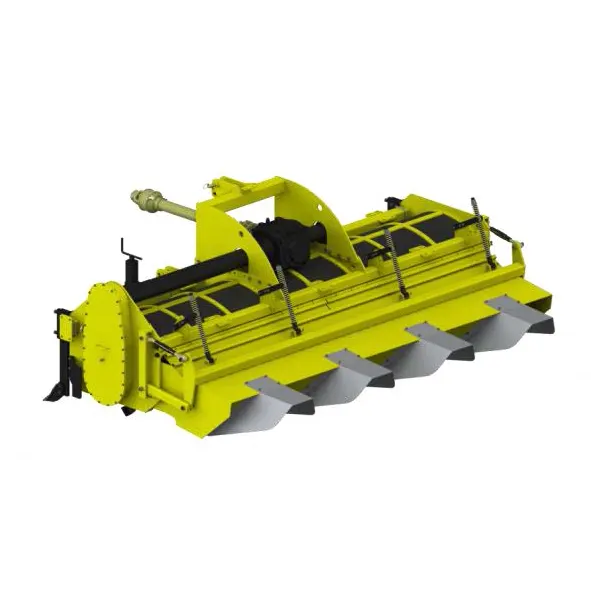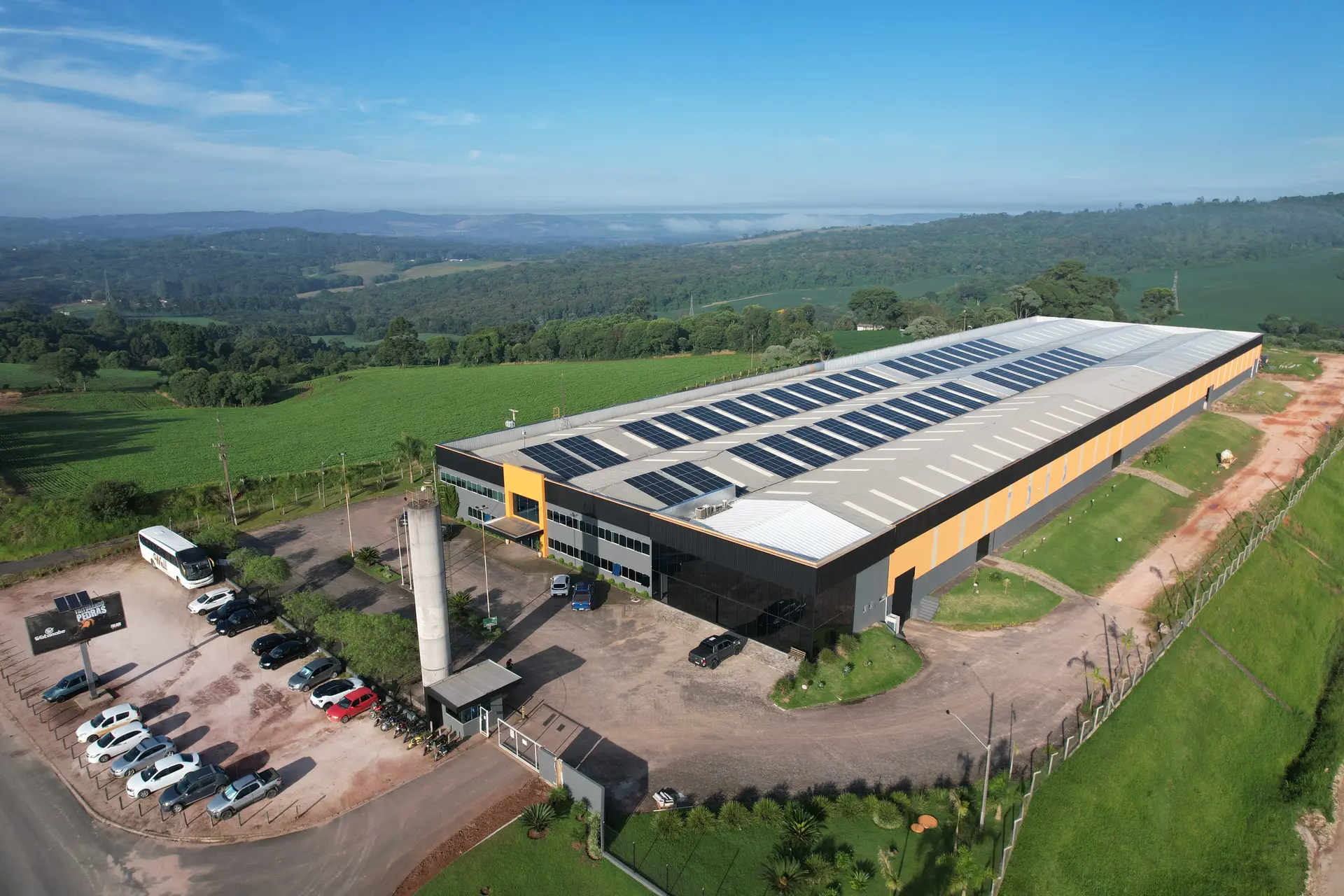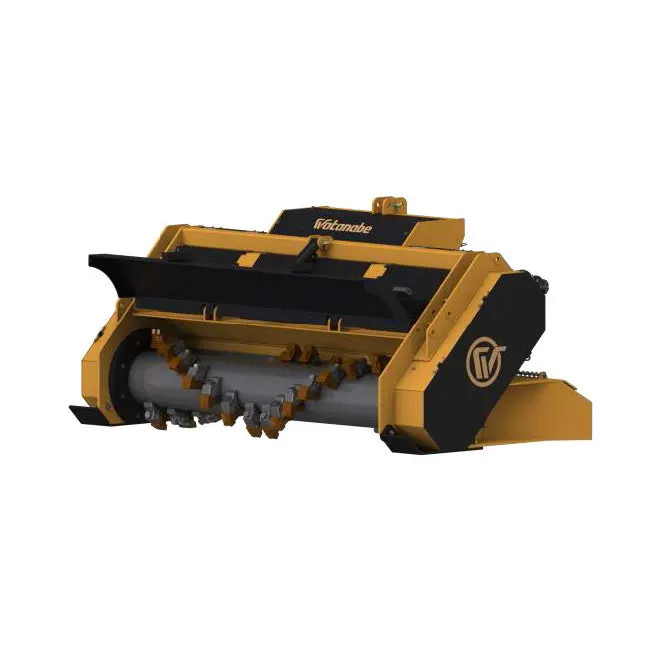Stabilisateur de sol
India Watanabe Soil Stabilizer Co., Ltd
Concasseur de roches et stabilisateur de sol Pro Tractor – Fabricant indien
Pourquoi choisir India Watanabe : précision, puissance et expertise locale
Comprendre votre équipement de stabilisation des sols
Pour obtenir une préparation de sol optimale, il est essentiel de comprendre les différences subtiles et les usages communs entre un stabilisateur de sol spécifique et un concasseur de roches est vital. Notre gamme couvre différentes approches mécaniques pour répondre aux besoins spécifiques de chaque projet.
Principe de fonctionnement : Stabilisateur vs. Concasseur
UN stabilisateur de sol se concentre sur le mélange de liants (comme la stabilisation des sols à la chaux ou la stabilisation des sols au ciment).
Notre concasseur de roche portable Ces modèles offrent le meilleur des deux mondes, avec des rotors de concassage robustes capables de mélanger les sols en profondeur et de pulvériser simultanément les roches et les pierres, ce qui en fait des machines à double usage. stabilisateur de sol solution
Par application : Plus de 80 scénarios pour les équipements de concassage de roches
L'utilité d'un robuste matériel de concassage de roches à vendre Nos applications vont bien au-delà du simple défrichage. Voici quelques exemples d'utilisation à forte valeur ajoutée où nos machines excellent :
Construction de la fondation routière
Création d'une sous-couche stable par mélange de granulats avec de la chaux ou du ciment (stabilisation du sol à la chaux)
Remblayage des pipelines et des tranchées
Concassage et mélange sur place des matériaux excavés pour un remblayage immédiat et structurellement sain.
Sous-couche de la piste d'aéroport
Concassage et mélange de précision pour répondre aux normes strictes des fondations de chaussées.
Remise en état des terres agricoles
Débroussaillage des champs pour enlever les pierres et éviter d'endommager les machines de plantation et de récolte ultérieures.
Préparation de la voie ferrée
Stabilisation des fondations sous les rails pour une capacité de charge et une durée de vie accrues.
Gestion des bâtiments à compost
Le DESTRUCTEUR Cette série, principalement commercialisée pour le retournement des composteurs, est essentiellement un cultivateur rotatif profond spécialisé, démontrant sa polyvalence pour l'aération et le mélange du sol, permettant une stabilisation organique de ce dernier.
Principe de fonctionnement : Stabilisateur vs. Concasseur
La prise de force (PDF) est l'élément central de tout système. concasseur de roches pour tracteur. Le choix de la machine appropriée dépend entièrement de la puissance du moteur de votre tracteur (ch) et du débit hydraulique (L/min)Un sous-dimensionnement de l'alimentation d'une application de concassage entraîne un fonctionnement inefficace et une usure prématurée. Le THOR 3.0Ce générateur, nécessitant une puissance minimale de 230 CV, est conçu pour les grands bassins rocheux à haute résistance, ce qui démontre pourquoi un dimensionnement approprié est primordial pour la sécurité et l'efficacité..
Types de stabilisateurs de sol
Donec id elit non mi porta gravida at egeum sociis otanique penatibus et magnis dis
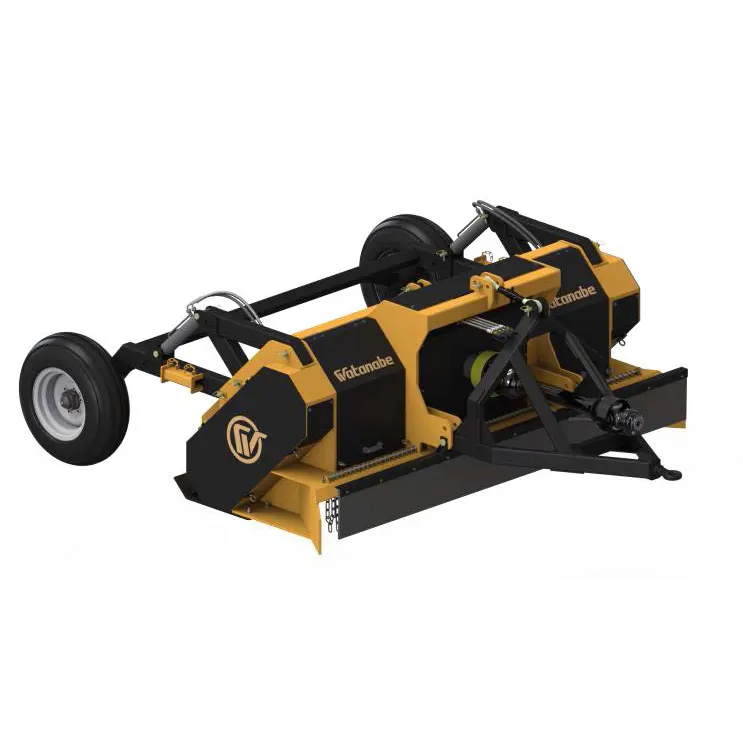
Broyeurs / Concasseurs de pierres
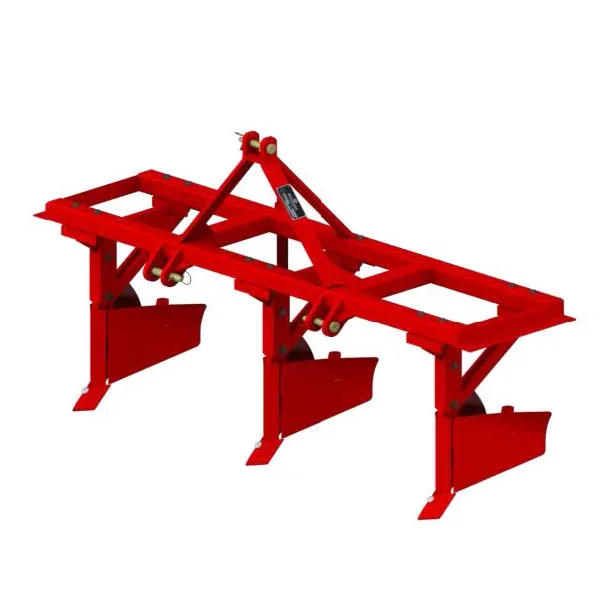
Machines pour pommes de terre
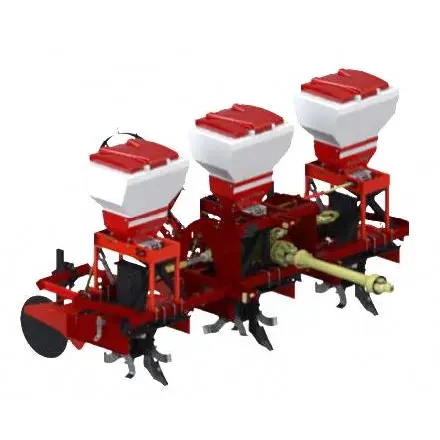
Cultivateur rotatif
depuis
Années d'activité
Lieux
India Watanabe : L'assurance qualité du principal fabricant indien
En tant que premier ministre Fabricant indien En tant qu'autorité reconnue en ingénierie mécanique, nous savons que la qualité et la confiance reposent sur la transparence et un engagement sans faille. Notre capacité de production locale, soutenue par l'excellence mondiale du groupe Watanabe, vous garantit des composants et des machines conformes aux normes industrielles les plus exigeantes au monde.
Chaque pièce de équipement de concassage de roche Les produits fabriqués en Inde sont soumis à un processus rigoureux d'assurance qualité en plusieurs étapes :
-
Traçabilité locale des matériaux : Tous les aciers de construction et les composants d'usure critiques proviennent d'aciéries indiennes certifiées, avec des registres de traçabilité complets, garantissant la conformité aux normes locales.
- Vérification de l'usinage de précision : Des contrôles dimensionnels de tous les composants critiques (tels que les arbres de rotor, les roulements et les supports de marteau) sont effectués par rapport aux modèles CAO.
- Tests d'intégrité des soudures : Des essais non destructifs (END) sont appliqués à toutes les soudures porteuses afin de garantir une résistance maximale sous des forces d'impact élevées, cruciales pour la roche dure indienne.
- Inspection opérationnelle finale : Chaque unité est soumise à un test complet en conditions réelles, vérifiant la stabilité du régime de l'arbre de prise de force, les pressions des fluides et la réactivité des vannes hydrauliques avant expédition.
Analyse technique approfondie : La science de la stabilisation des sols
Pour garantir des performances optimales et la longévité du projet, il est essentiel de comprendre les principes géotechniques sous-jacents.
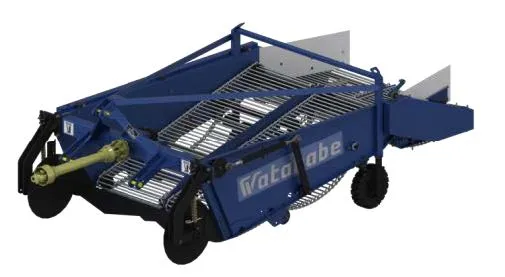
Analyse de la composition du sol et sélection du traitement
Une stabilisation efficace des sols commence par une identification précise. Nos machines sont conçues pour relever les défis spécifiques des sols indiens :
-
Sol argileux noir (Inde péninsulaire) : Caractérisé par une grande plasticité et un gonflement/retrait extrême, nécessitant un traitement chimique comme stabilisation à la chaux du sol pour échanger des cations et réduire les variations de volume. Notre Stabilisateur de sol assure une profondeur de mélange uniforme jusqu'à $80 cm$ (Spécifications de la série DESTROYER adaptées) pour un effet maximal.
-
Sol latéritique (Inde du Sud et de l'Ouest) : Souvent graveleux et peu cohésif. Mélange mécanique par le concasseur de roches L'ajout de liants à base de ciment améliore considérablement la résistance au cisaillement et la durabilité, ce qui le rend adapté aux routes à faible trafic.
Comprendre le CBR (California Bearing Ratio)
L'indice CBR est la norme métrique pour évaluer la résistance des sols de fondation. Les projets de construction de grande envergure reposent sur l'atteinte d'objectifs CBR spécifiques. Notre solution intégrée Concasseur de roches et la technologie de stabilisation permet d'obtenir une base granulaire plus fine et plus uniforme (grâce au concassage des roches et à l'incorporation de fines), ce qui améliore considérablement le compactage et augmente la valeur CBR finale in situ, minimisant ainsi le tassement après la construction.
Centre de connaissances approfondies sur les stabilisateurs et les concasseurs
Qu'est-ce qu'un concasseur de roches à prise de force ?
UN Concasseur de roches entraîné par prise de force Il s'agit d'un engin agricole ou de génie civil relié à la prise de force (PDF) d'un tracteur. La PDF transmet la puissance du moteur du tracteur directement au rotor de la machine via un réducteur robuste, ce qui entraîne la rotation à grande vitesse d'un tambour muni de dents ou de marteaux en carbure de tungstène.
Cette action mécanique pulvérise les roches et mélange le sol en un seul passage. C'est la méthode la plus puissante et la plus mobile pour le concassage de pierres à grande échelle sans avoir à transporter les matériaux hors site, offrant ainsi une solution efficace. stabilisateur de sol en incorporant les fines agrégats résultants.
Comment choisir le bon stabilisateur de sol pour votre tracteur ?
La sélection dépend entièrement de trois facteurs clés :
-
Matériel: La taille et la dureté du matériau à concasser (par exemple, le basalte solide nécessite une puissance maximale, le calcaire plus tendre est plus facile à concasser).
-
Profondeur: La profondeur et la largeur de travail requises (le mélange superficiel nécessite moins de puissance que la réduction de roche en profondeur).
-
Caractéristiques du tracteur : Vous devez respecter la puissance minimale requise par la machine (par exemple, 230 ch pour le THOR 3.0) et vous assurer que le tracteur peut fournir le débit d'huile hydraulique minimal (par exemple, 60~L/min (pour les modèles EW/CT). Ignorer ces spécifications peut entraîner de graves dommages matériels et des blessures corporelles potentielles.
Pourquoi la stabilisation des sols est-elle essentielle pour les fondations routières ?
La stabilisation des sols est essentielle à la pérennité des infrastructures en Inde, notamment en raison de la mousson et de la grande diversité des types de sols. Les sous-couches instables, en particulier celles composées de sols argileux noirs, entraînent une dégradation prématurée des chaussées (fissuration, orniérage) due à une capacité portante insuffisante et à une humidité excessive. La stabilisation permet de prévenir ces problèmes en :
-
Augmentation de la résistance à la charge : Augmenter le coefficient de portance du sol (California Bearing Ratio, CBR) pour supporter un trafic intense sur les autoroutes nationales et les routes secondaires.
-
Contrôle de l'humidité : La fixation chimique des molécules d'eau (à l'aide de chaux/ciment) réduit considérablement le gonflement et le retrait des sols problématiques.
-
Rentabilité : L'utilisation de matériaux locaux, in situ, mélangés à des liants est souvent beaucoup plus rentable que l'importation de granulats vierges, ce qui correspond à l'accent mis sur le développement d'infrastructures durables et rentables en Inde.
Clients satisfaits

« Le soutien local de l'équipe India Watanabe a été un atout crucial. Nous avions besoin d'une pièce de rechange rapidement, et ils nous l'ont livrée en 48 heures sur notre site isolé, évitant ainsi un retard coûteux. Ce niveau d'engagement, combiné à la qualité supérieure de la machine, prouve l'intérêt de choisir un fournisseur local. » Fabricant indien Ça change tout.

Karnataka, Inde - Chef de projet infrastructure

« La durabilité de ces marteaux est la meilleure que nous ayons constatée. Auparavant, nous devions les remplacer toutes les quelques semaines. Avec le THOR 3.0 Grâce à ce modèle, la fréquence de remplacement a considérablement diminué. Pour un gestionnaire de carrière, minimiser les coûts des consommables est essentiel, et ce modèle robuste concasseur de roches pour tracteur Cet accessoire s'avère être un équipement très rentable.


